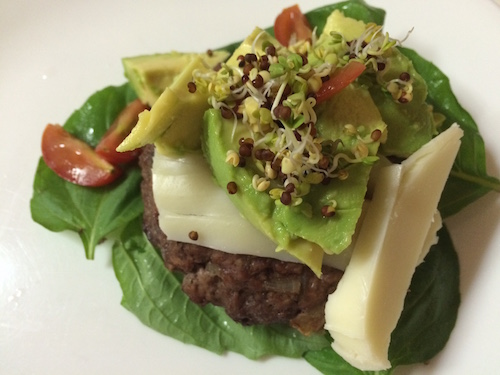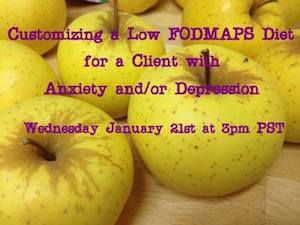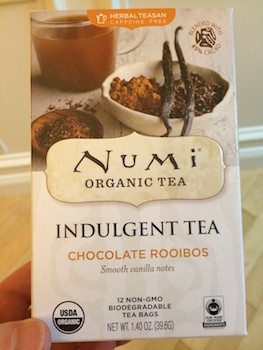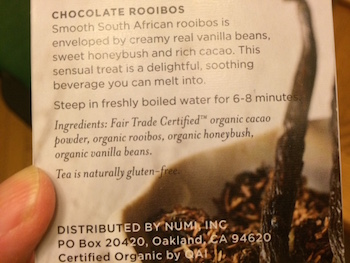
Psychiatry is at an important juncture, with the current pharmacologically focused model having achieved modest benefits in addressing the burden of poor mental health worldwide. Although the determinants of mental health are complex, the emerging and compelling evidence for nutrition as a crucial factor in the high prevalence and incidence of mental disorders suggests that diet is as important to psychiatry as it is to cardiology, endocrinology, and gastroenterology. Evidence is steadily growing for the relation between dietary quality (and potential nutritional deficiencies) and mental health, and for the select use of nutrient-based supplements to address deficiencies, or as monotherapies or augmentation therapies.
I’m excited to share this groundbreaking publication, “Nutritional medicine as mainstream in psychiatry” which was published just last week in the mainstream journal Lancet. We have members of The International Society for Nutritional Psychiatry Research, also known as ISNPR to thank: Jerome Sarris, PhD, Alan C Logan, BA, Tasnime N Akbaraly, PhD, G Paul Amminger, MD, Vicent Balanzá-Martínez, MD, Marlene P Freeman, MD, Joseph Hibbeln, MD, Yutaka Matsuoka, MD, David Mischoulon, MD, Tetsuya Mizoue, MD, Akiko Nanri, MD, Daisuke Nishi, MD, Drew Ramsey, MD, Julia J Rucklidge, PhD, Almudena Sanchez-Villegas, PhD, Andrew Scholey, PhD, Kuan-Pin Su, MD, Felice N Jacka, PhD.
The abstract concludes as follows:
We present a viewpoint from an international collaboration of academics (members of the International Society for Nutritional Psychiatry Research), in which we provide a context and overview of the current evidence in this emerging field of research, and discuss the future direction. We advocate recognition of diet and nutrition as central determinants of both physical and mental health.
You may recognize some of these people from my prior writings and interviews.
- Felice Jacka was interviewed in season 1 of the Anxiety Summit. Our topic was The Research: Food to prevent and treat anxiety and depression? She has been and still is very active in the nutrition/mental health/anxiety/depression research community
- Julia Rucklidge recently did a fabulous TEDx talk called The surprisingly dramatic role of nutrition in mental health. She is also a very prolific researcher.
Dr. Marlene Freeman is also the author of an editorial, Nutrition and Psychiatry, published in the American Journal of Psychiatry in 2010.
It is both compelling and daunting to consider that dietary intervention at an individual or population level could reduce rates of psychiatric disorders. There are exciting implications for clinical care, public health, and research.
This is one of my favorite quotes! If you’ve ever heard me present I’m sure you’ll recognize it! This was in 2010 so we are making progress with getting nutrition recognized in the mainstream mental health world and I couldn’t be happier.
Here are a few select quotes from the new paper (which will shortly be released as an open-source document).
Mental disorders in general, and major depression and anxiety disorders in particular, account for a large burden of disability worldwide. Rapid urbanisation, and an overall transition from traditional lifestyles (concerning diet, physical activity, and social structures), which are some of the most pressing global and environmental issues of our time, have both been linked to increases in depression and other mental disorders
The mechanisms by which nutrition might affect mental health are, at least superficially, quite obvious: the human brain operates at a very high metabolic rate, and uses a substantial proportion of total energy and nutrient intake; in both structure and function (including intracellular and intercellular communication), it is reliant on amino acids, fats, vitamins, and minerals or trace elements.
The purpose of this Personal View is to provide a platform for robust debate in the specialty, particularly regarding the need to move towards a new integrated framework in psychiatry, whereby consideration of nutritional factors should be standard practice.
Diet and nutrition offer key modifiable targets for the prevention of mental disorders, having a fundamental role in the promotion of mental health. Now is time for the recognition of the importance of nutrition and nutrient supplementation in psychiatry. Nutritional medicine should now be considered as a mainstream element of psychiatric practice, with research, education, policy, and health promotion supporting this new framework.
This is so powerful! I commend the efforts of these authors and thank the researchers for all the groundwork which has led to where were are today…recognizing the very powerful connection between what we eat and how we feel. It’s exciting to be part of this movement!




